Her emotionally-incontinent diatribe, claims that ‘murdering the planet’s most majestic wildlife is utterly repugnant to all right-minded voters’. It ignores scientific data, economic reality and denies political agency to the people living in the countries where sport hunting takes place.
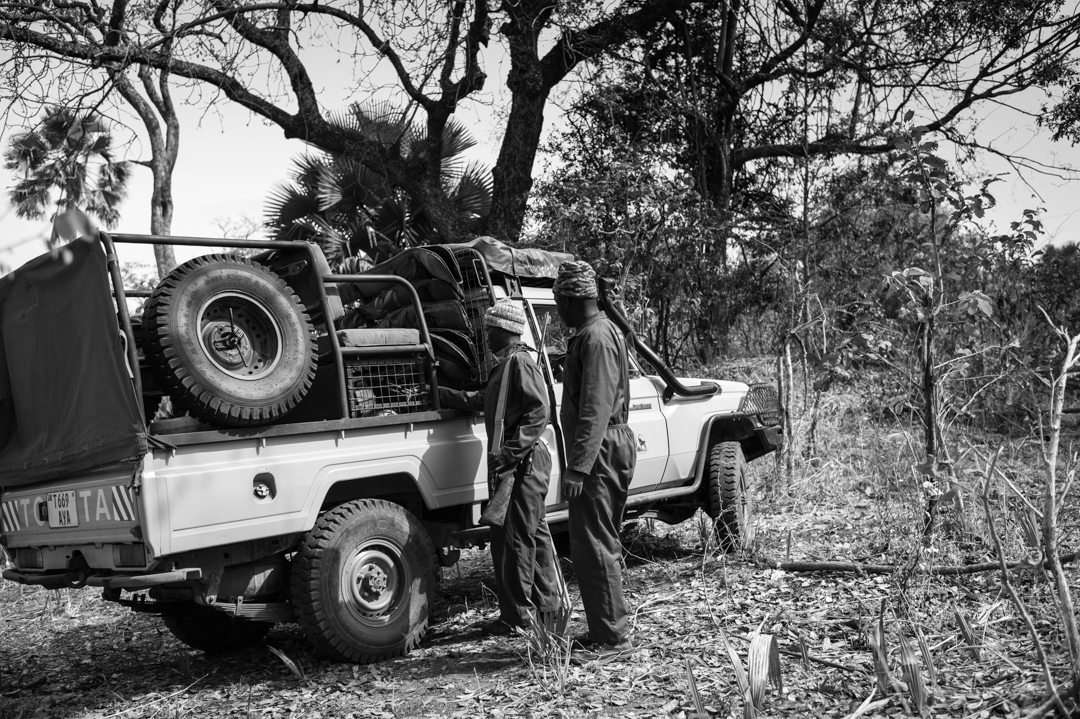
Like the bill to ban the import of hunting trophies, Dalton’s article lumps sport hunting (she terms it Trophy Hunting) into the same ‘basket of deplorables’ to borrow a line from Ms. Clinton, with shark finning, foie gras production and the abuse of the captive elephants used in the tourist industry in Asia.
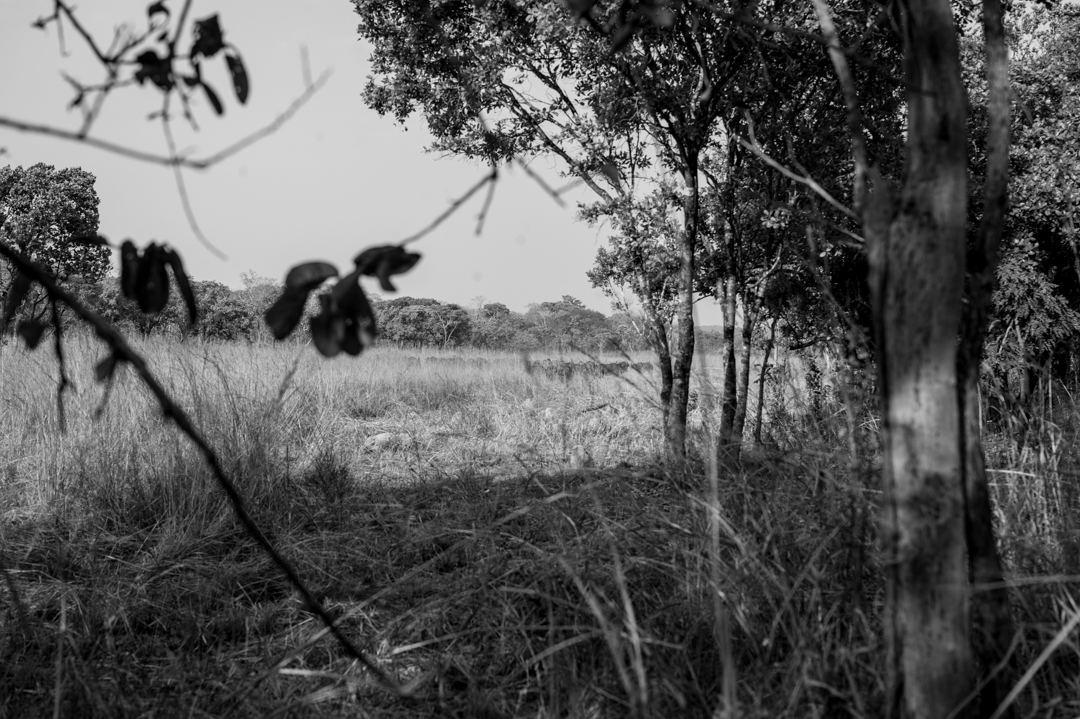
The British Government announced, in March, that the bill would be scrapped due to lack of parliamentary time. Like the Independent, the wider British press was soon bloated with poorly-written articles by writers with a clear agenda. They were big on quotes from self-styled ‘influencers’, lobbyists and self-important celebrities but short on data or meaningful analysis.
There is a good reason for this. Sport hunting (a better term than ‘Trophy Hunting’. Hunters hunt because they enjoy hunting. The trophy is merely a memento of a successful hunt, not an end in itself) is undeniably good for the recovery of species in decline.
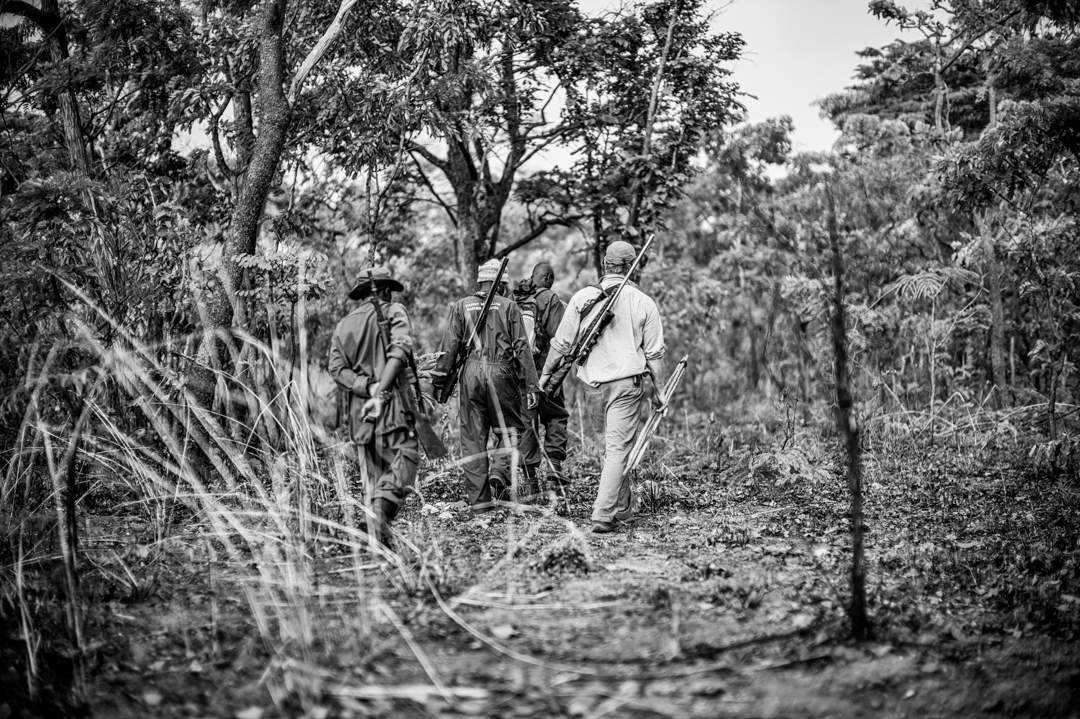
It may seem counter intuitive: save lions by killing a lion. However, it is true. An old male lion, past its prime breeding age, which has donated its DNA to the gene pool is pushed out of the pride into a life of lonely decline until, weekend by age, infirmity or illness, unable to hunt effectively, he is beaten to death by an unwisely engaged buffalo, killed by another male lion, or simply starves to death, fading away as a fly-blown, sore covered ghost of his former self.
Alternatively, he is shot by a hunter before his terminal, but inevitable, decline has really set-in. His death is quicker, more dignified and less cruel than the one nature would provide. Same outcome. By banning hunting, no lions live into a happy dotage. Death still comes. Just more slowly and more brutally.
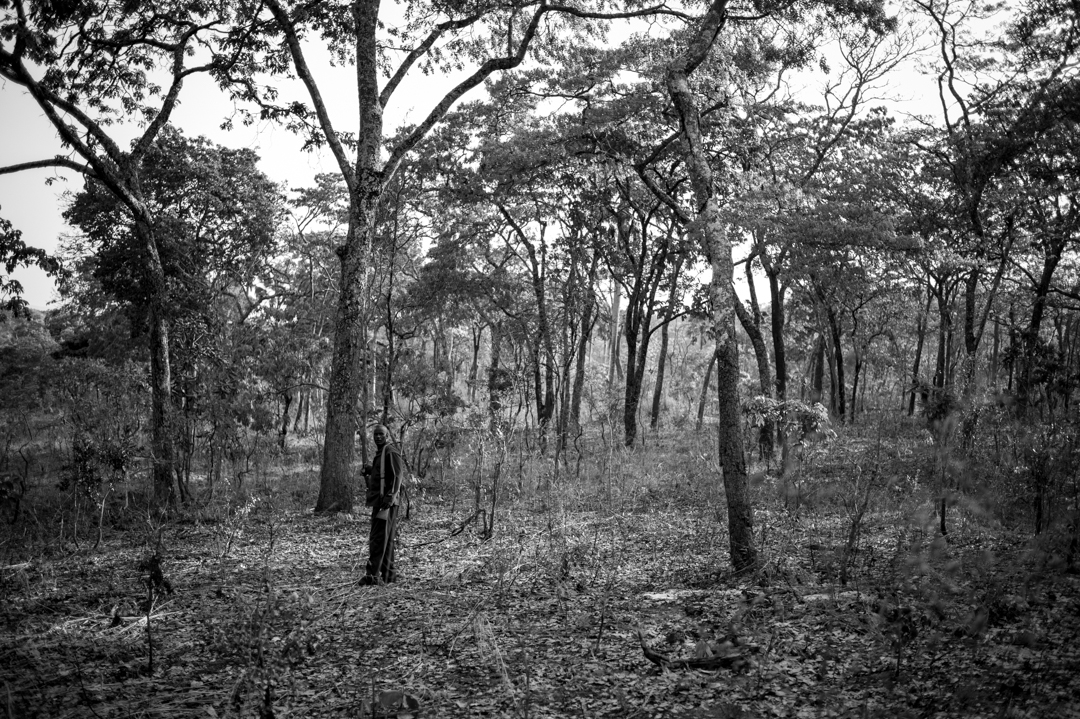
Yet, the death by hunter’s bullet of this one lion injects $50,000 into the Game Preserve where he lived. That pays for anti-poaching patrols which remove snares and traps and combat the illegal poaching gangs, which indiscriminately ravage everything and anything they encounter for the illegal trade in bush meat, ivory, or rhino horn.
Flying by light plane over the brown, dusty interior of Tanzania, the hunting concession ahead needs no signage. It is heralded by the deep green of its tree cover and under-brush; features that have been grazed away by cattle for as far as the eye can see in the surrounding country. Alone and distinct, the success of the flora and fauna in the concession is undeniable. Hunting and the money it brings to combat encroachment, cattle farming, illegal logging and poaching is the sole difference.
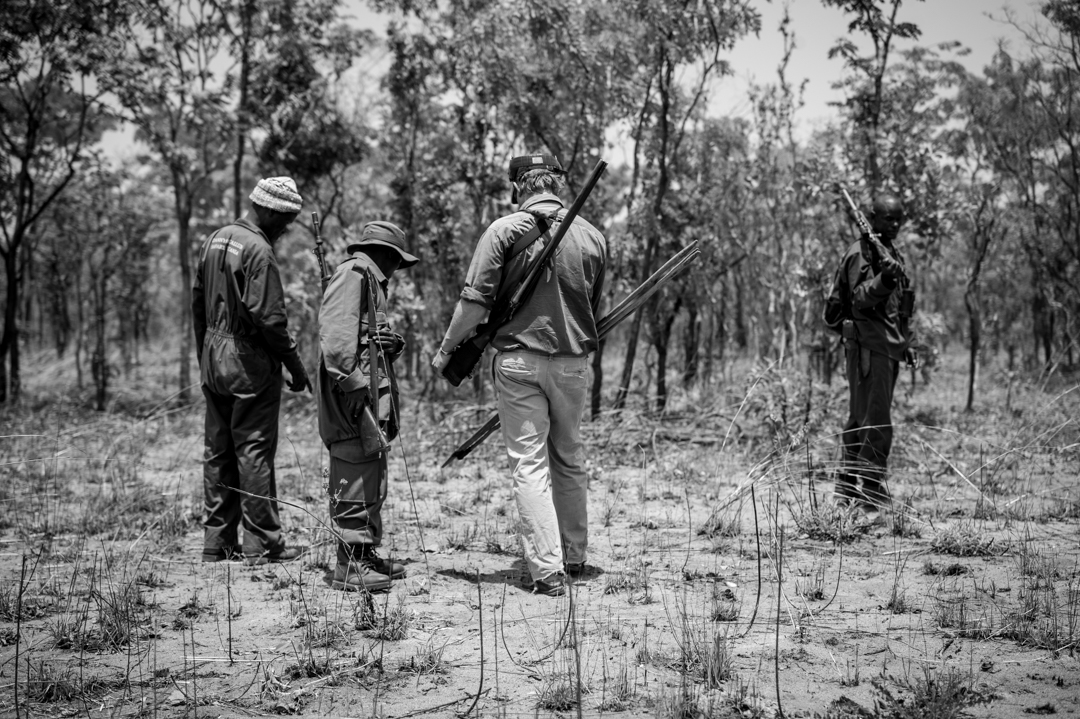
Tanzania has 200,000 square klilometres of hunting concessions. These stand proud as green oases in the endless dustbowls created by ranching. Remove the protection hunting provides and we know what would happen to those areas – the evidence is all around them for us to see.
Unfortunately, the bill, like the public, is ignorant of the difference between carefully managed sport hunting and illegal poaching. There appears to be a wilful manipulation of public sentiment to this end by some of the less scrupulous anti-hunting activists. Actually, by just about all of them.
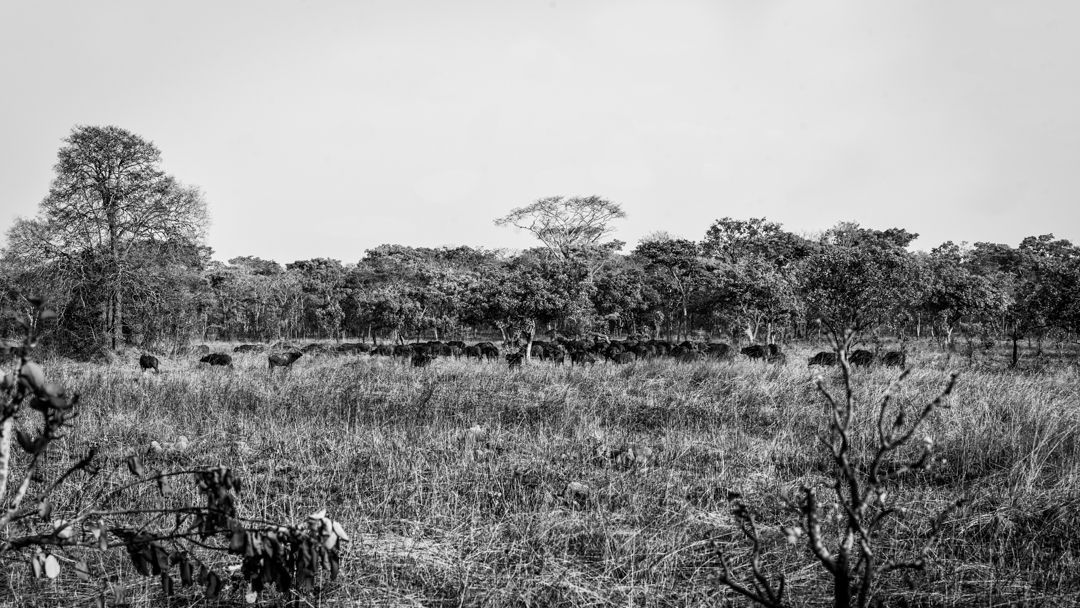
There are numerous success stories of animals brought back from the edge of extinction by carefully managed sport hunting policies. The Markhor in Pakistan being a good case in point. Once listed as ‘Endangered’, then downgraded to ‘Vulnerable’ and in 2015 downgraded again to ‘Near Threatened’ by the IUCN, the species, which is a main food source for the snow leopard, has increased in numbers as a direct result of the protection afforded it through a managed sport hunting programme, which pays local people to protect it and to take responsibility for its long-term survival.

Conversely, where hunting has been banned, the reverse is true. Kenya banned hunting in 1977. By 2005 their elephant numbers were down 80% and their wildlife numbers in general have crashed, while in South Africa, where large areas once destroyed by cattle ranching have been turned over to ranching native species for hunting, those species and the fauna that supports them have increased exponentially.
In areas like this, the sport hunting of, for example, old bull rhinos, has no downside (they become aggressive and kill their rivals) and the dollars brought in help preserve the habitat and extend the viability of the native herds.
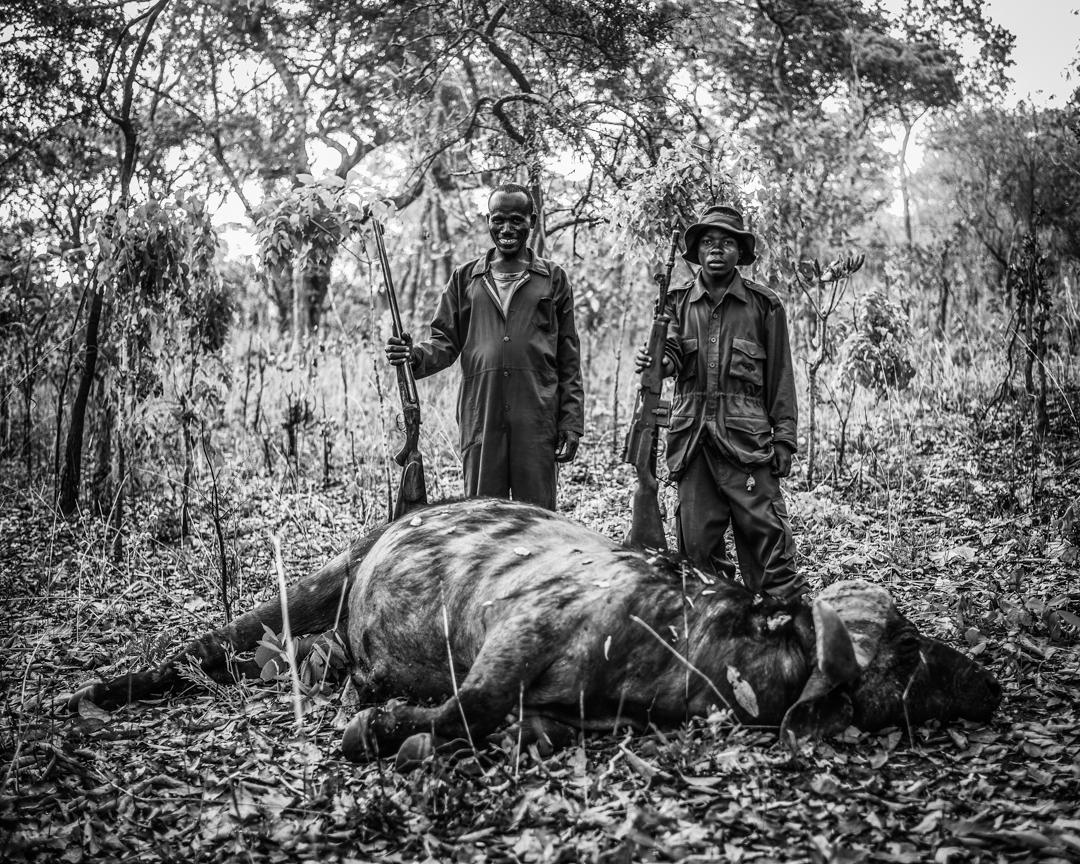
The Bubye Valley Conservancy in Zimbabwe was a huge cattle station, bereft of native flora and fauna in the 1980s. Today, it is a huge success story, teeming with lions, rhino and every kind of indigenous ungulate. Bubye Valley has a greater density of wild lions today than any other part of Africa. It is funded by hunting safaris.
In 2016, following the uproar over the shooting of a lion named ‘Cecil’ by the world’s media The Bubye Valley Conservancy saw a drop-off in hunting applicants.
They were faced with a problem of their own success. They had too many lions even for their one-million acres. As they explain ‘Sustainable hunting provides the incentive and revenue to achieve this amazing conservation success-and for that Bubye Valley Conservancy makes no apology.’
National Geographic’s Dr Byron du Preez acknowleged that ‘habitat destruction is the lion’s biggest enemy and there is basically no more space left in Africa for a viable population of lions’.
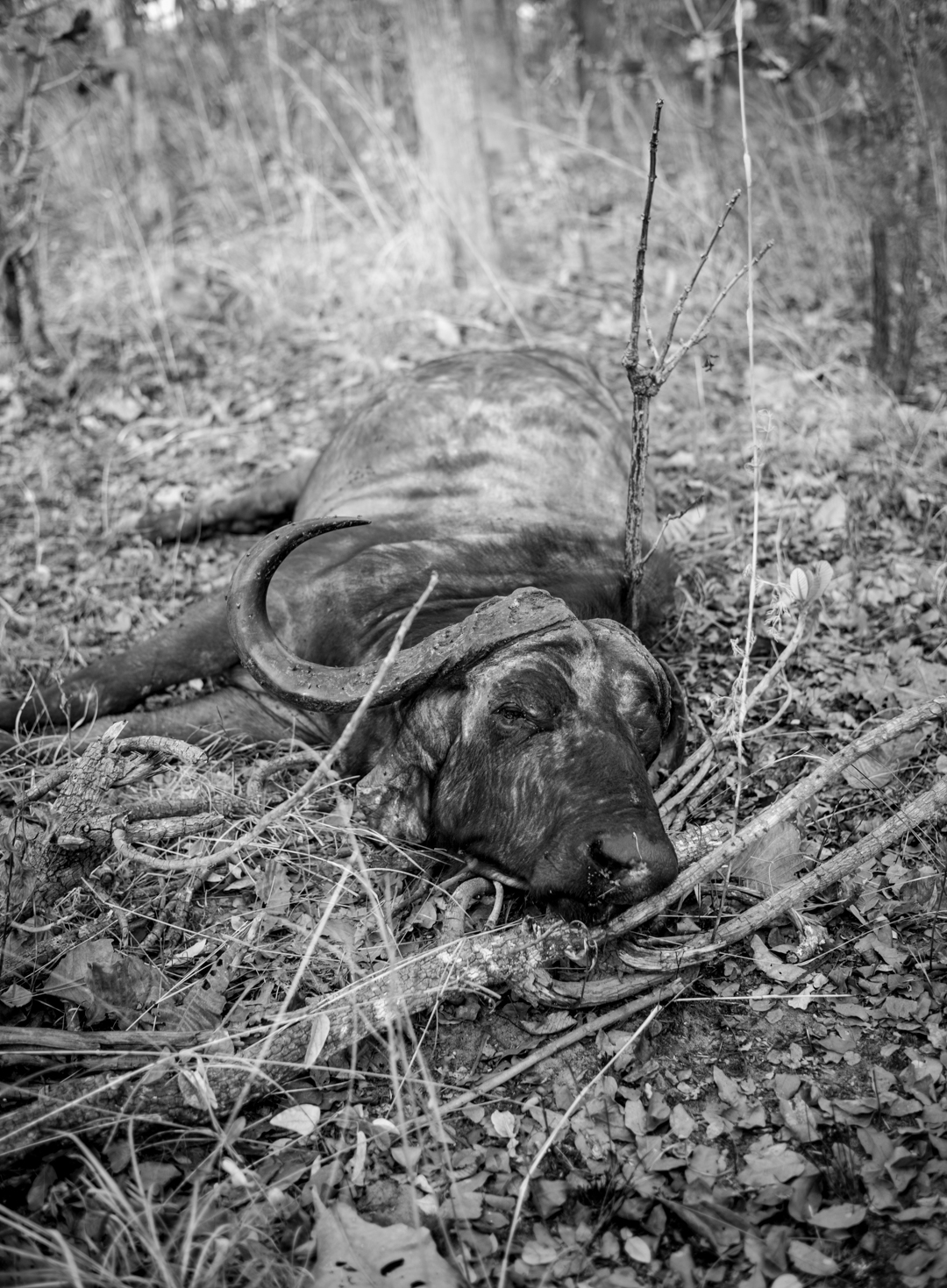
So, if excess lions cannot be sport hunted to maintain numbers to a level sustainable in the territory, and they cannot be trans-located due to lack of habitat, they have to be culled. That means shot for no money. The lions still get shot but the money needed to protect the conservancy does not come in. Who wins? No hunting, no money, no money, no conservancy, no conservancy, no lions.
The popular notion that banning the import of hunting trophies will help ensure the survival of a hunted species is in fact the opposite of the truth. It is possible to state the opinion that one does not like the idea of a human hunting an animal for sport. It is not possible to argue that making you feel better by stopping it will be beneficial to the future of that species.
Africans know this. Botswana experimented with a hunting ban and reversed it recently because it did not work. In 2020, community leaders from seven African countries wrote an open letter to prominent western celebrities who were campaigning against sport hunting.
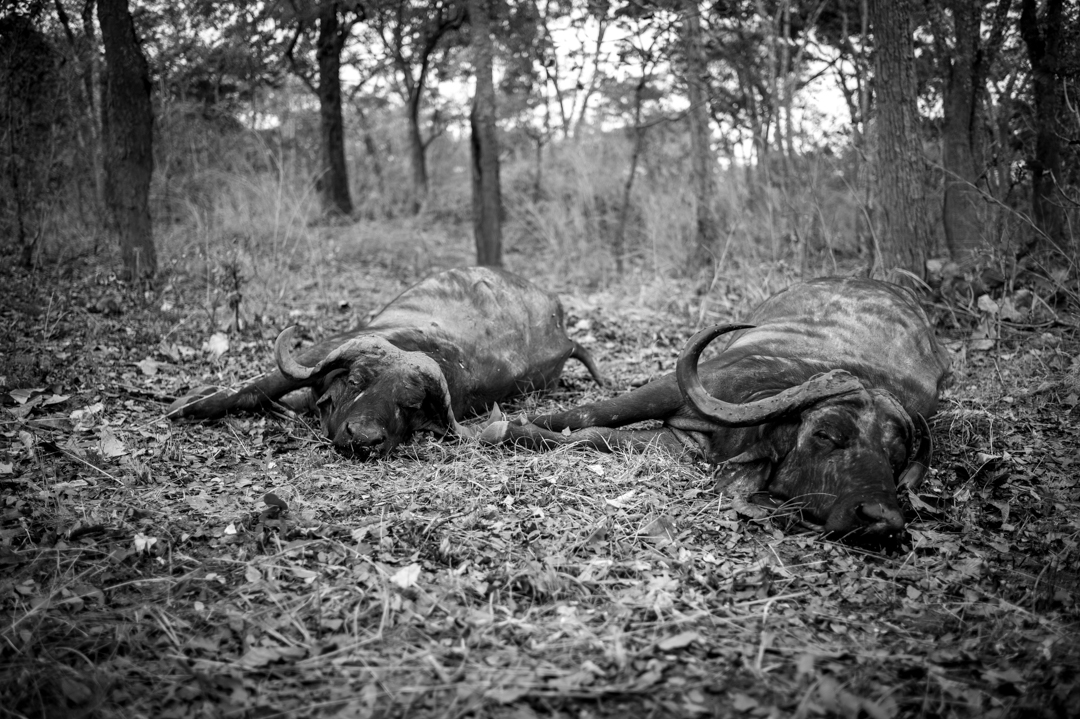
They pleaded, ‘stop using your influence to undermine the human rights of impoverished people and jeopardise wildlife conservation in the region’. They continued ‘imposing world views and value systems from far-away places results in disastrous policies that undermines our rights and conservation successes.’
Well-intended media and celebrity-driven campaigns are easy to join, require little effort to sustain and provide ample opportunity for social media virtue signalling.
In the case of the bill to ban the import of legally hunted trophies from countries where sport or trophy hunting is an essential part of the national conservation strategy, that good-intention is actually helping pave the road to extinction of the very animals the anti-hunters hope to save.

The Explora Blog is the world’s premier online journal for field sports enthusiasts, outdoor adventurers, conservationists and admirers of bespoke gunmaking, fine leather goods and timeless safari clothes. Each month Westley Richards publishes up to 8 blog posts on a range of topics with an avid readership totalling 500,000+ page views per year.
Blog post topics include: Finished custom rifles and bespoke guns leaving the Westley Richards factory; examples of heritage firearms with unique designs and celebrated owners like James Sutherland and Frederick Courtenay Selous; the latest from the company pre-owned guns and rifles collection; interviews with the makers from the gun and leather factory; new season safari wear and country clothing; recent additions to our luxury travel bags and sporting leather goodsrange; time well spent out in the field; latest news in the sporting world; and key international conservation stories.



 Enquire
Enquire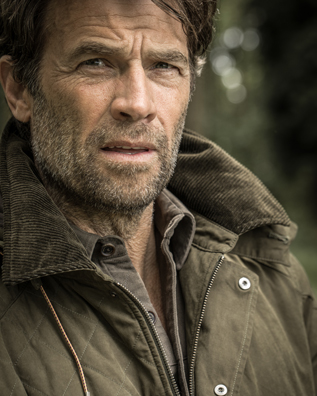
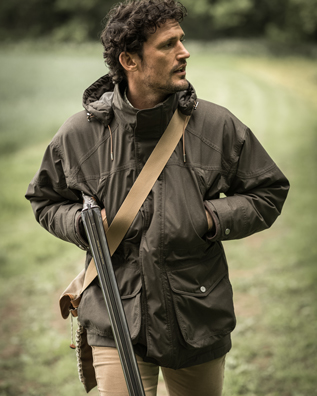


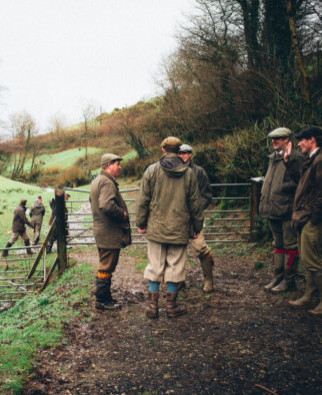
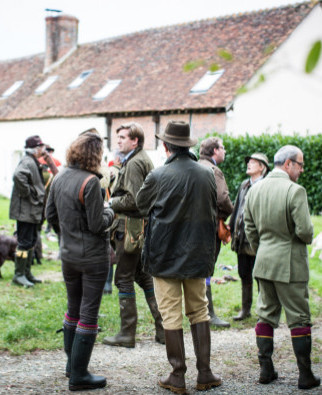
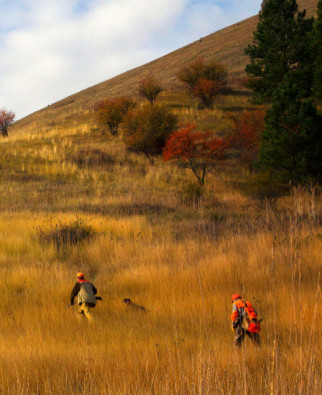
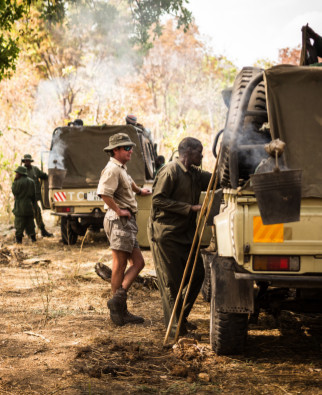
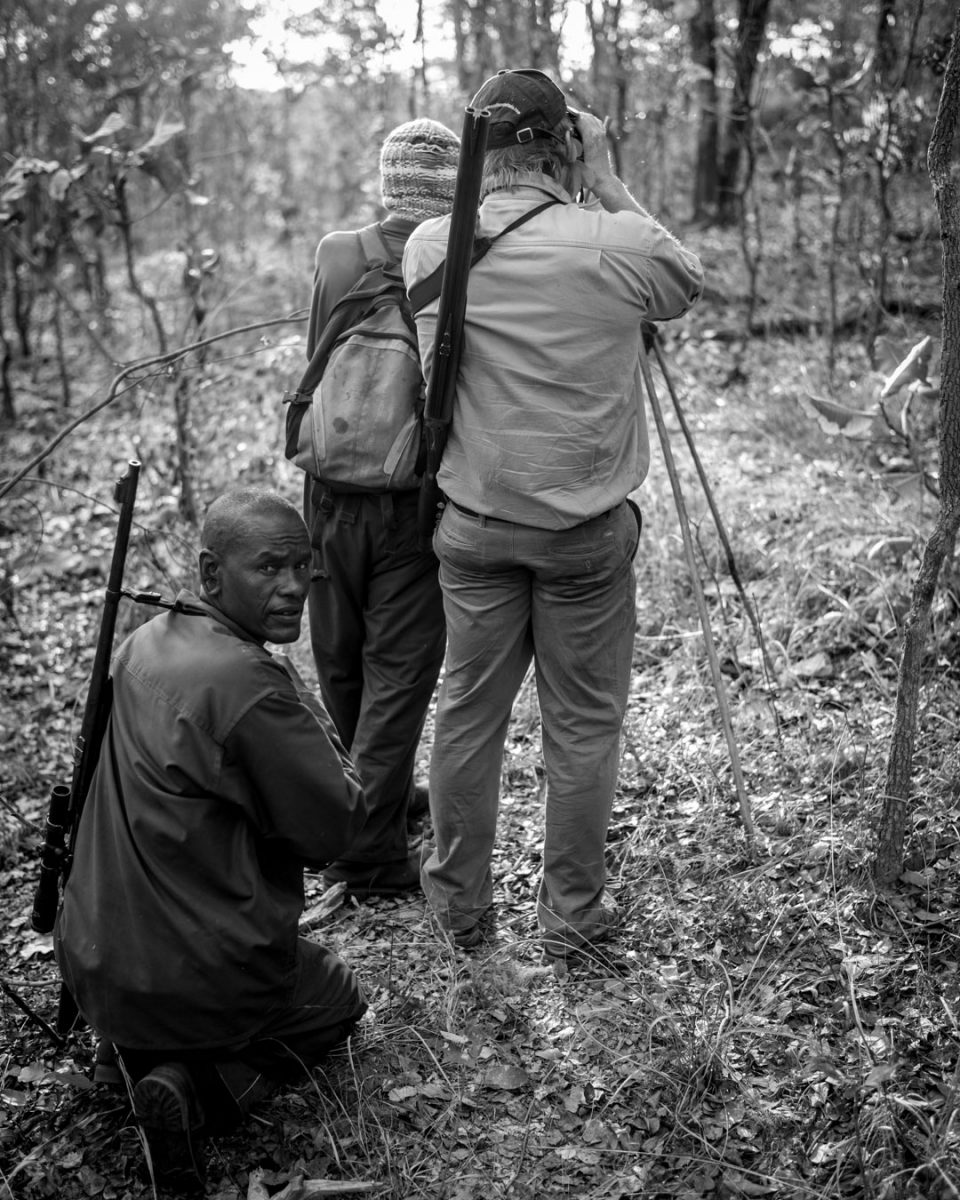




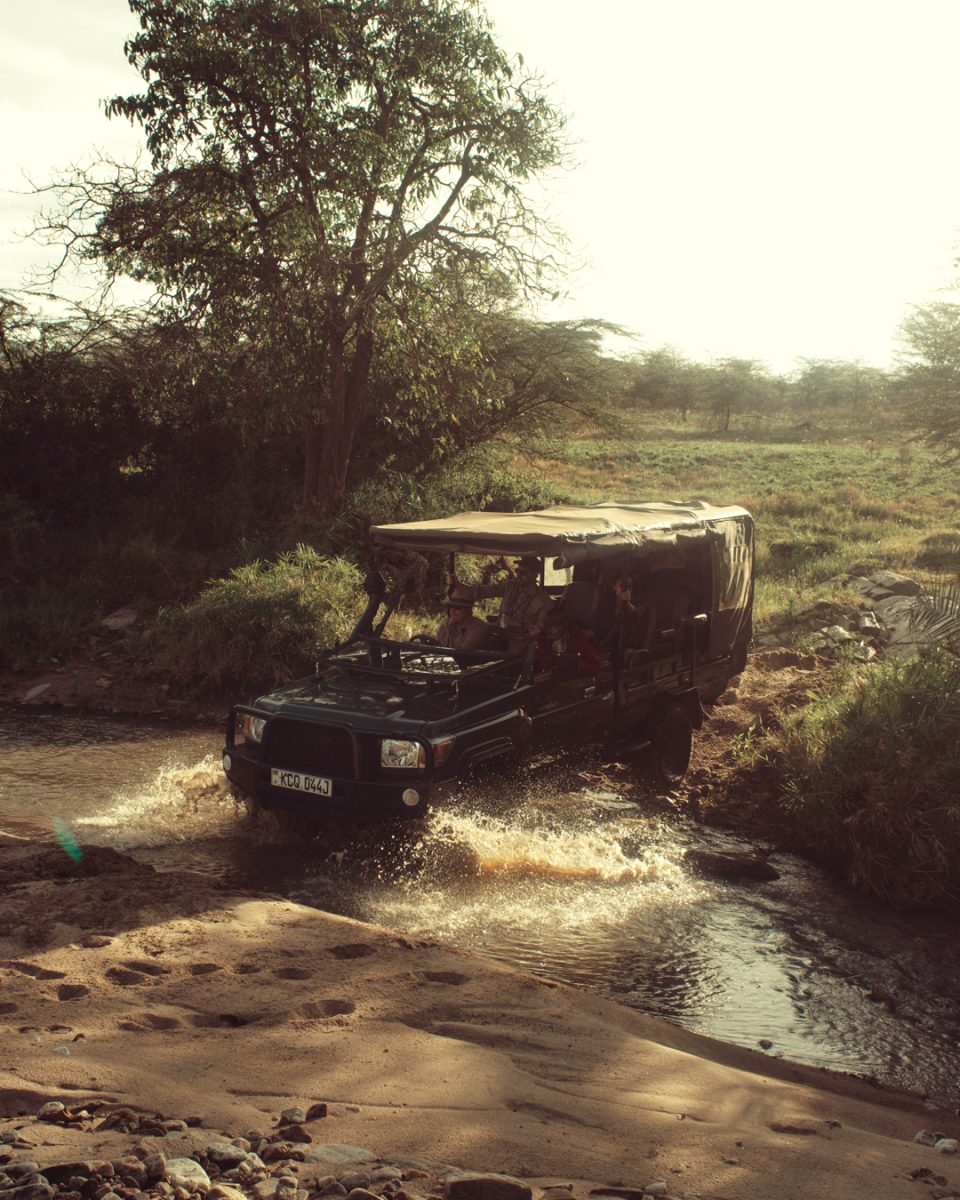
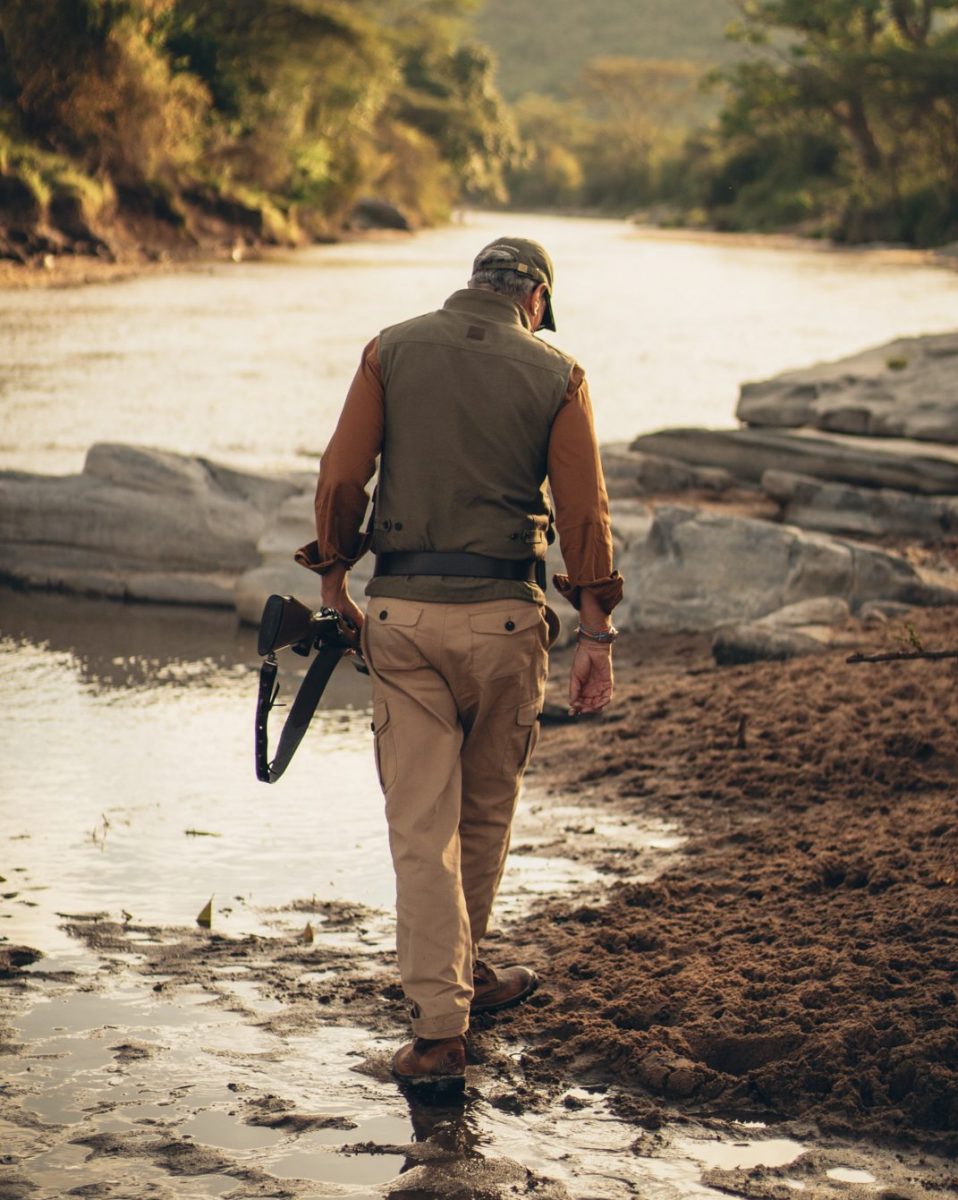



Jonathan Tomlinson on April 8, 2022 at 5:43 pm
Diggory
Eloquently and well written. But often you cannot reason with ‘stupid’
Neil McVeigh on April 12, 2022 at 10:58 am
Excellent article as always from Dig,the problem for us is how do we get the antis to listen.They put emotion, hysteria and hyperbole before the facts!Keep up the good work guys and stay in the fight.
Ven on April 22, 2022 at 3:18 am
This is a very good article. It's difficult to explain these ideas to greens, vegans etc.. But I think if someone really took the time to educate an open-minded one, the truth could spread.
Richard B. Bruckman on June 11, 2022 at 10:30 pm
How , true this statement of FACTS !!! If only the human would learn , not to mess in other peoples affairs . But as the SUN rises and sets , It will be always be , someone looking over someone else's fence , just to see and say something . They all should sent a night in a DARK forest at a COLD CAMP , to find themsleves . But , that only happens to a few us , that were lucky enough do it .